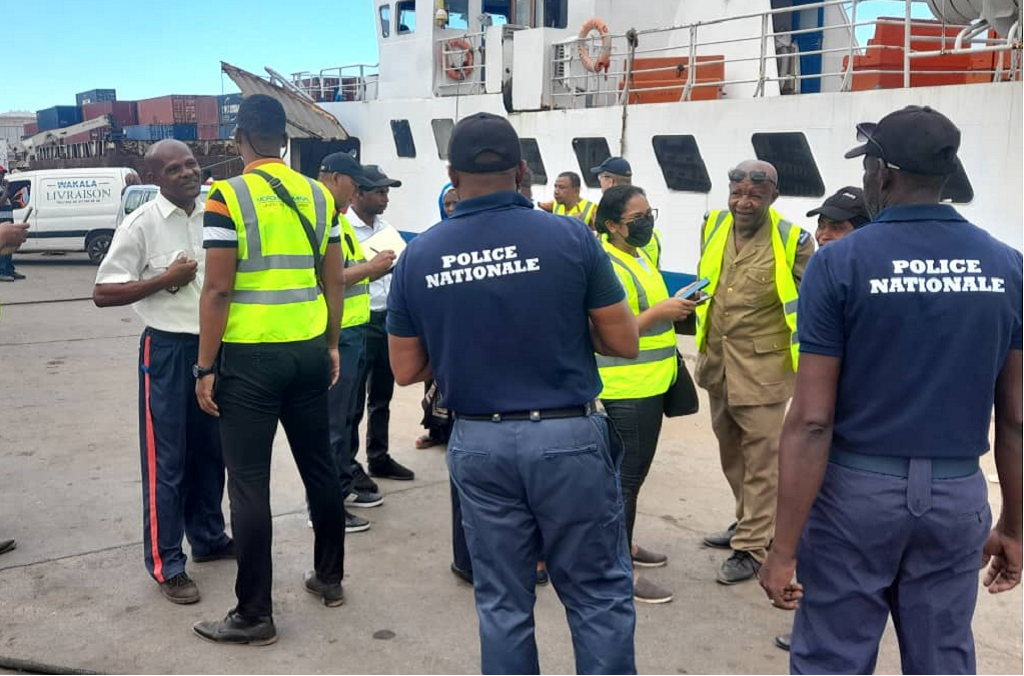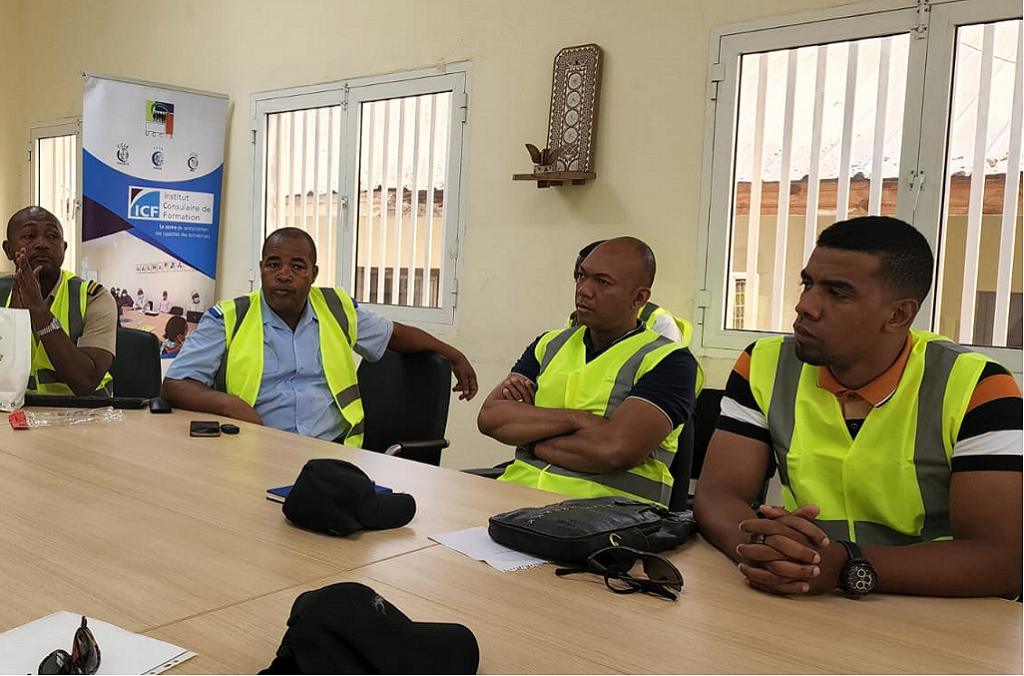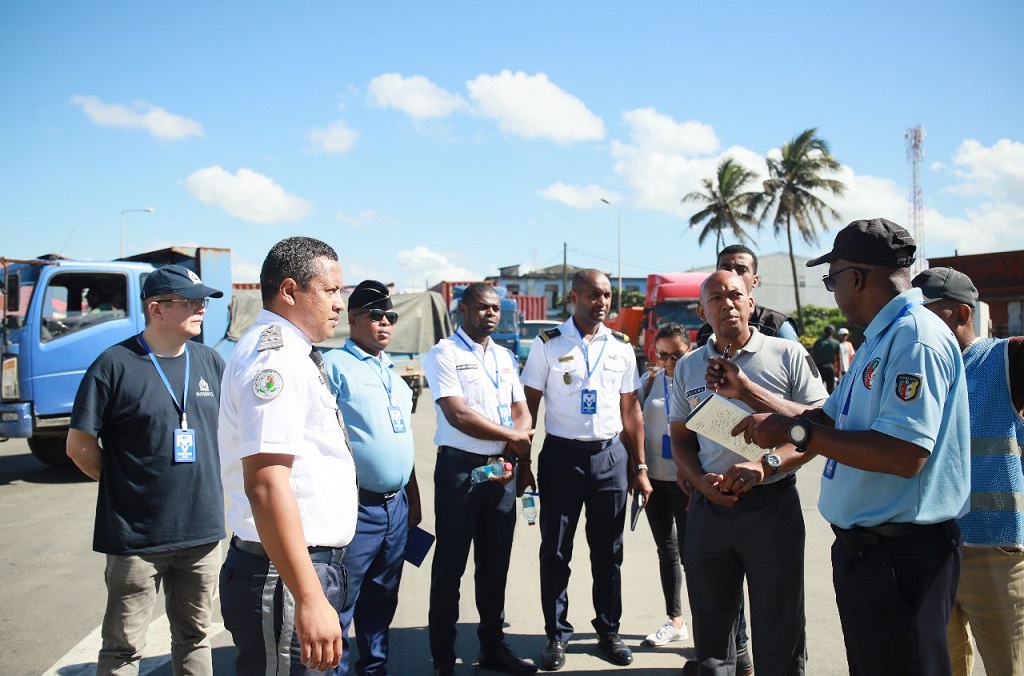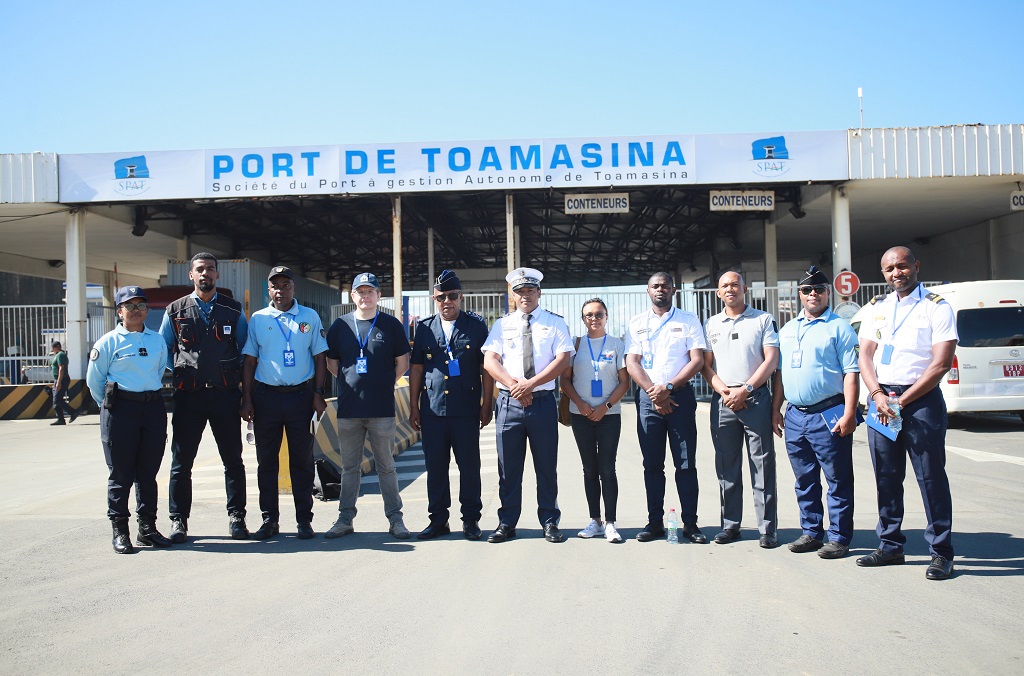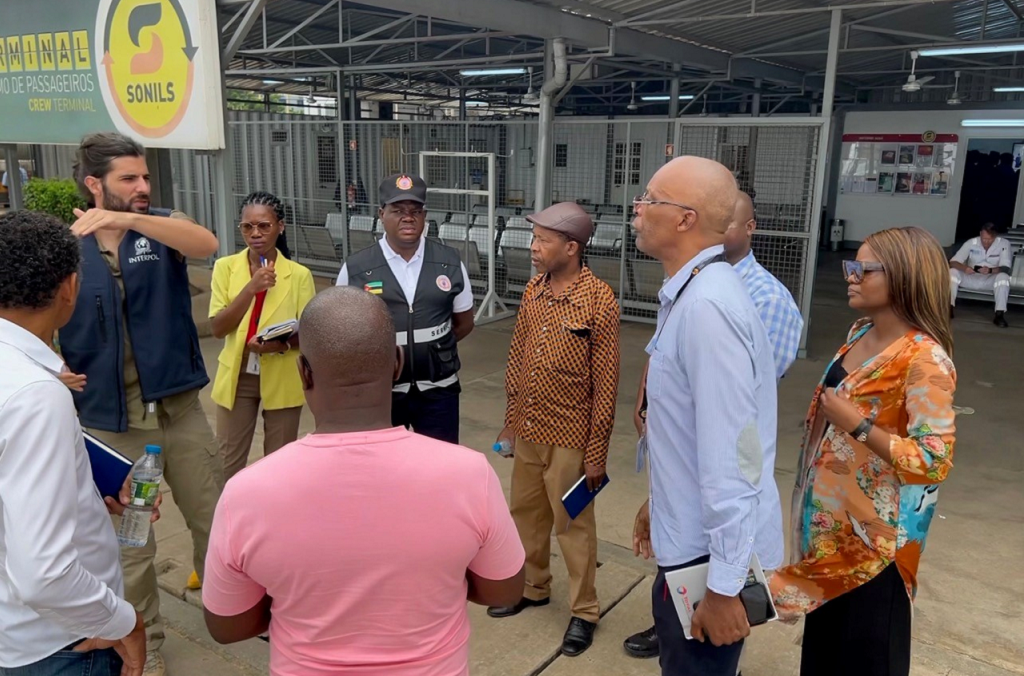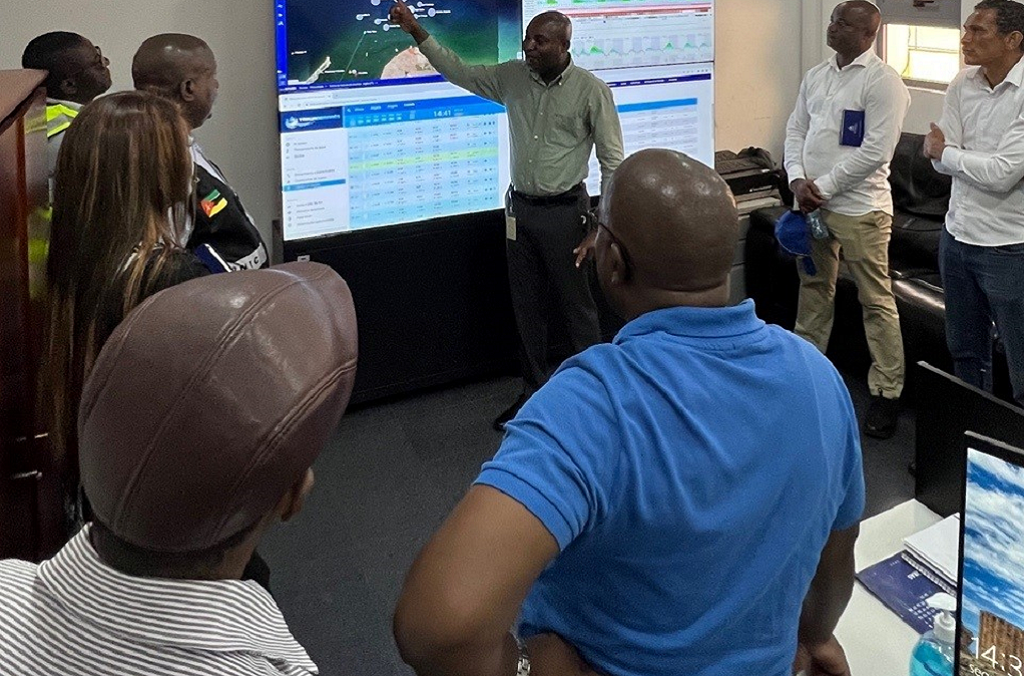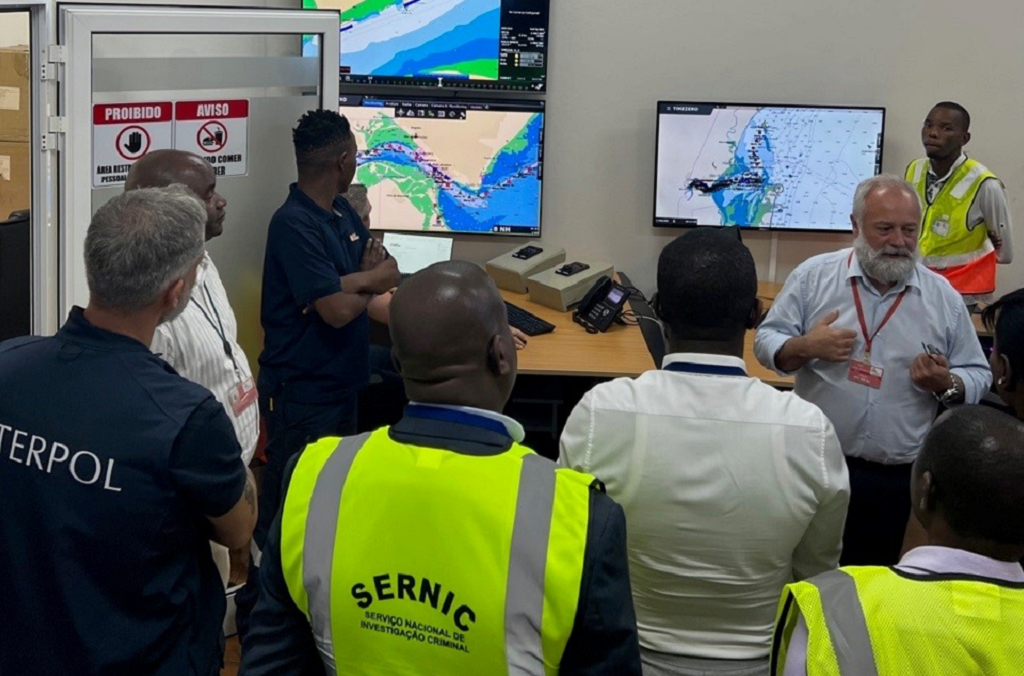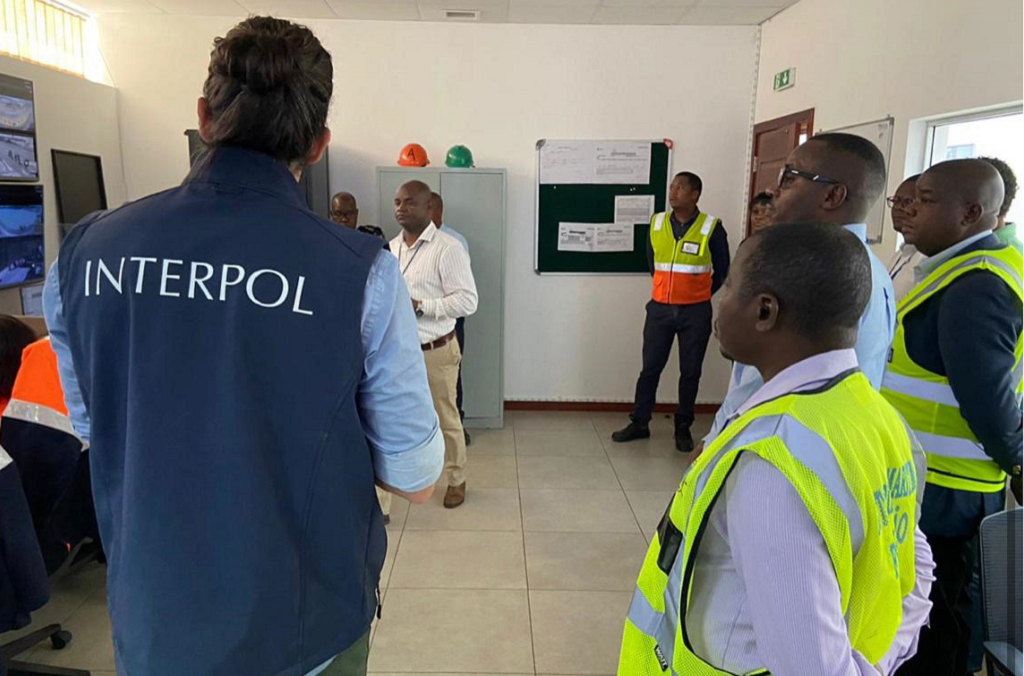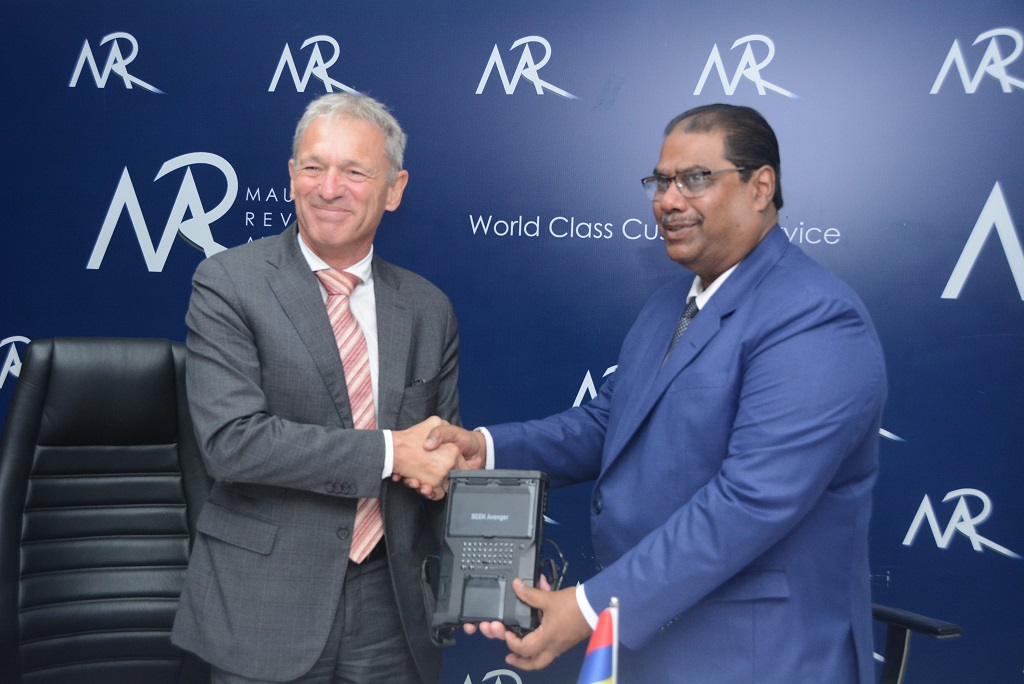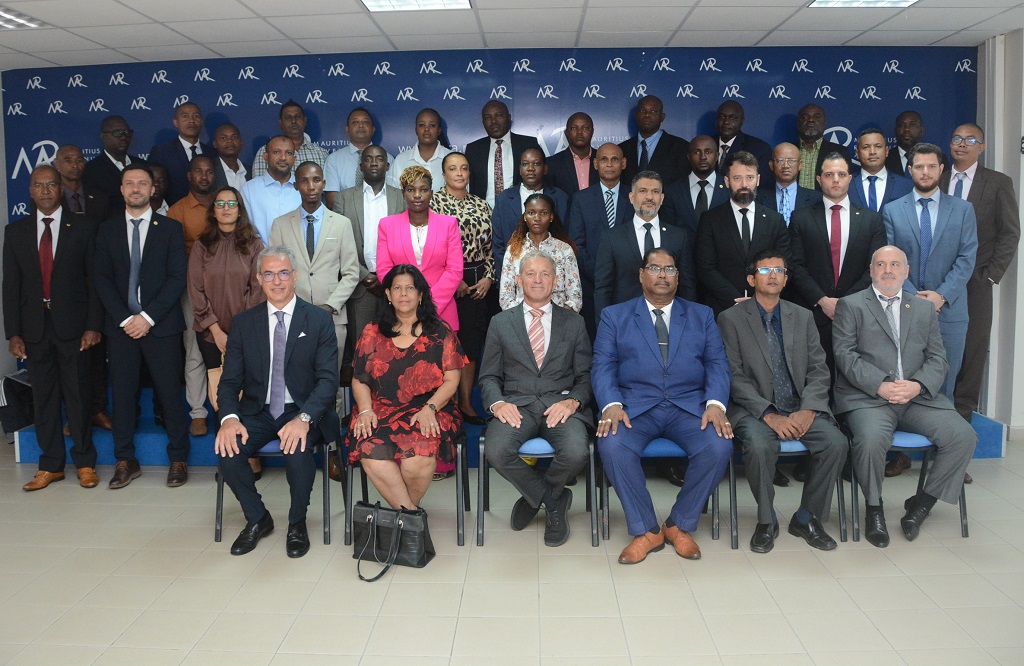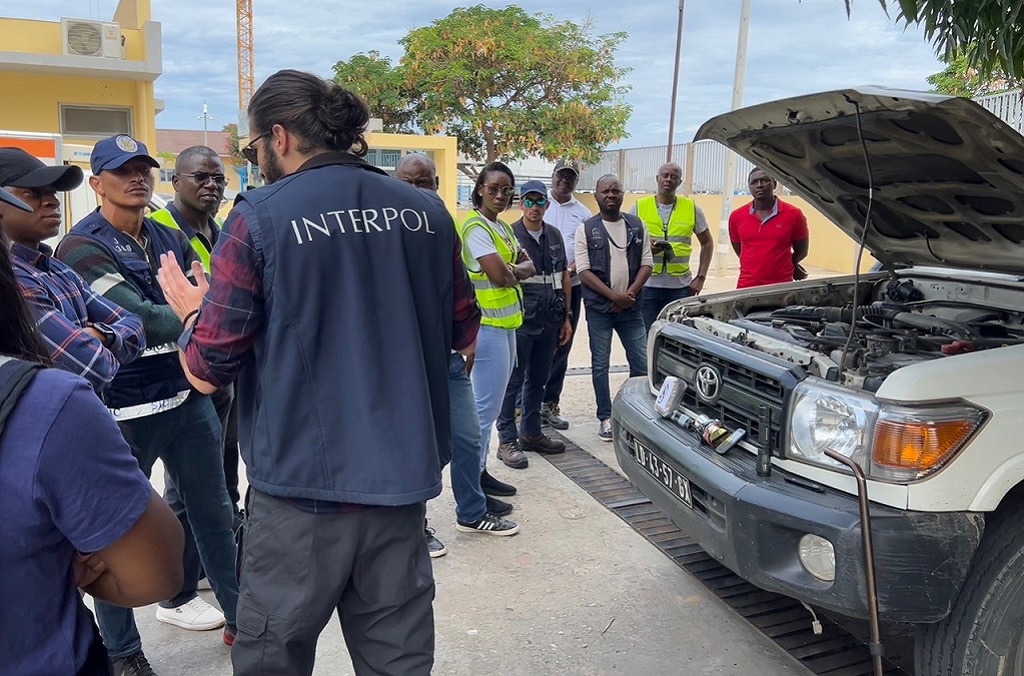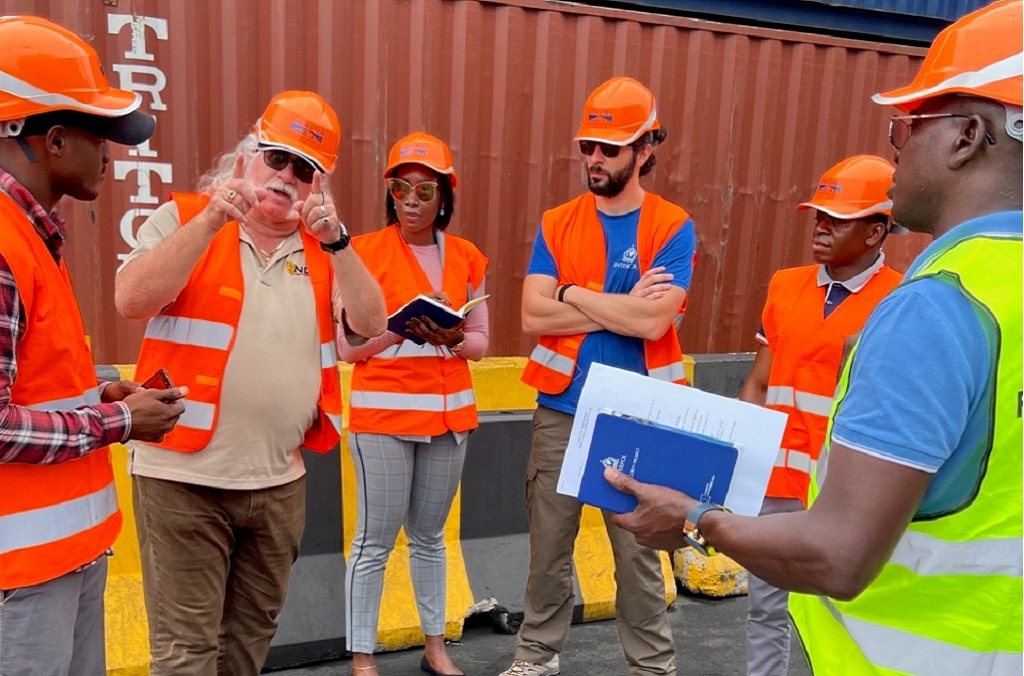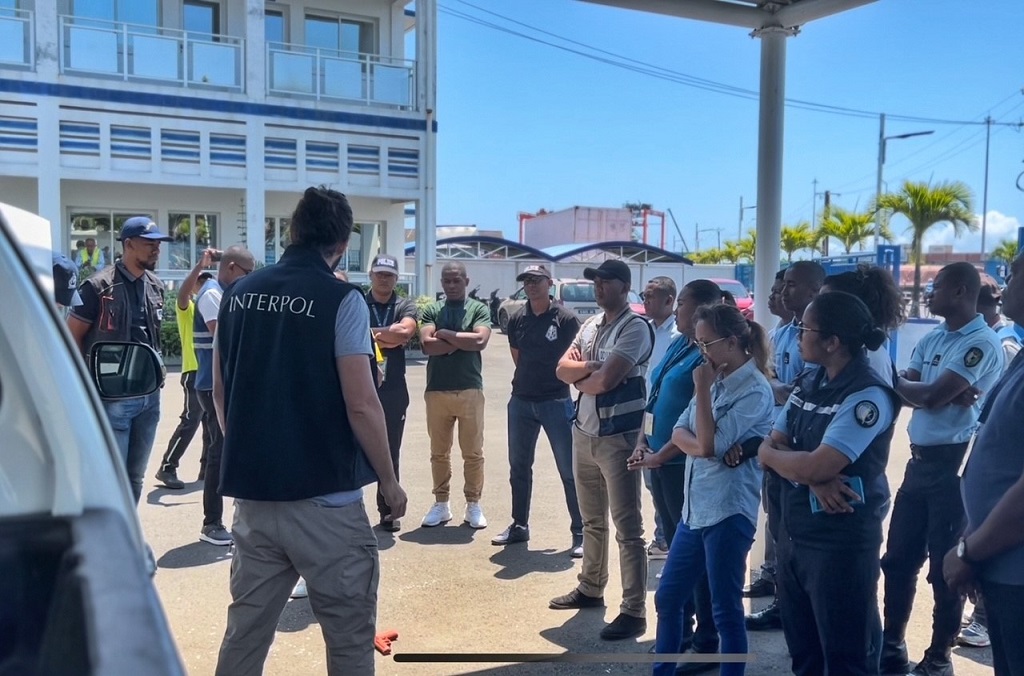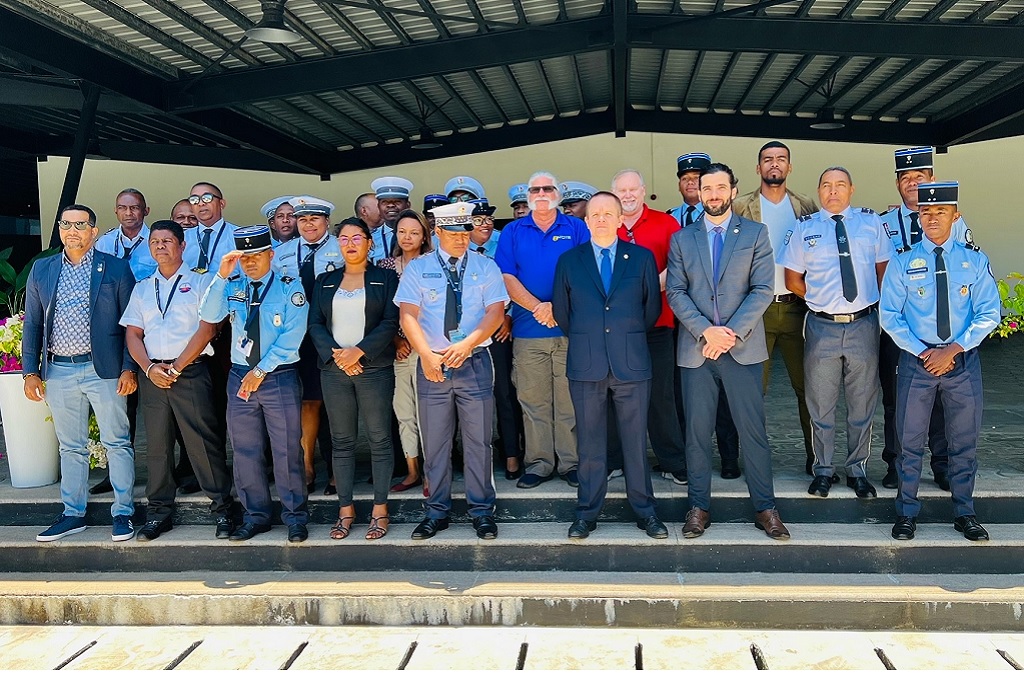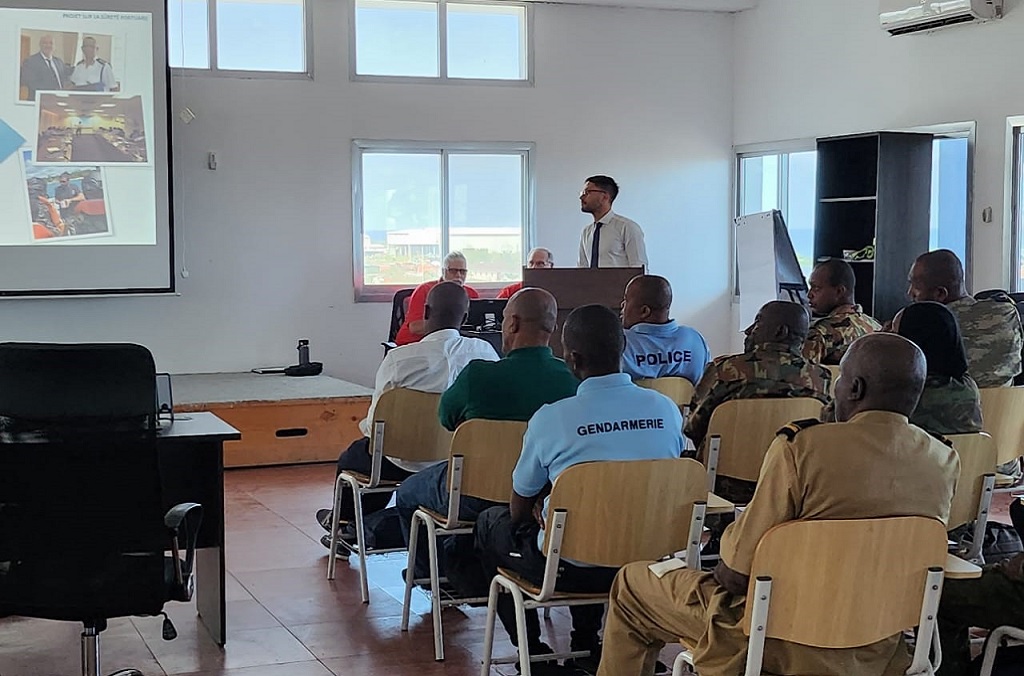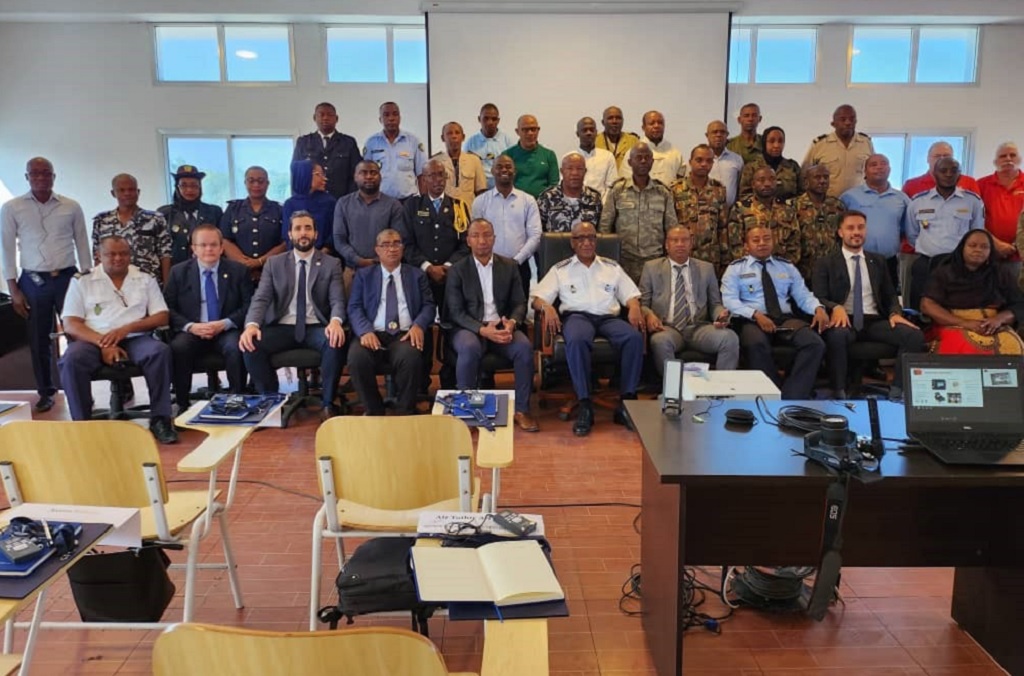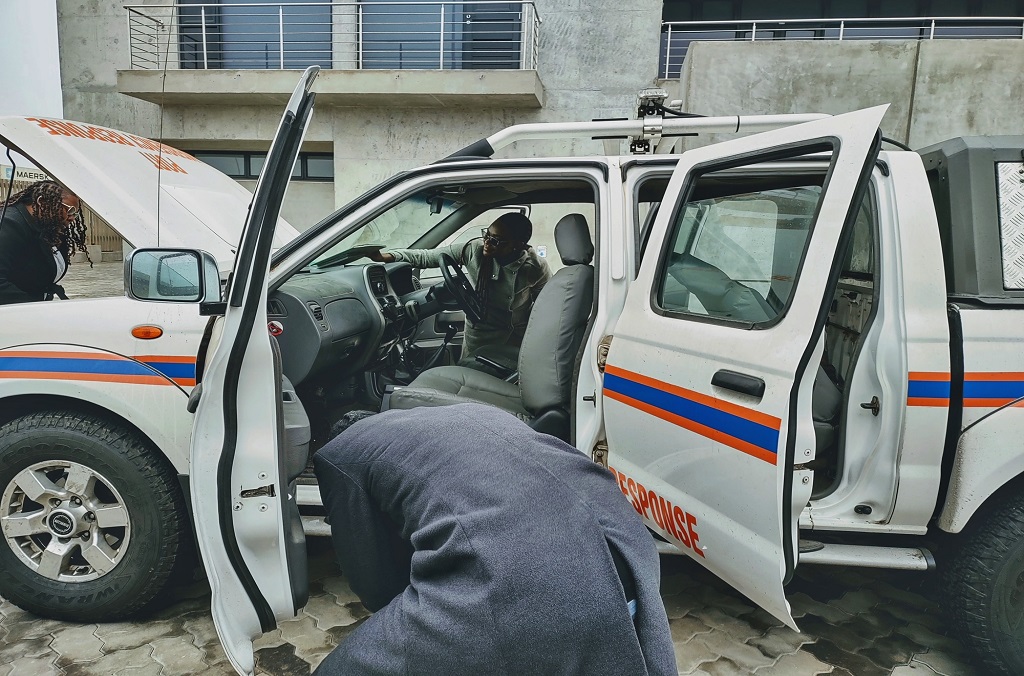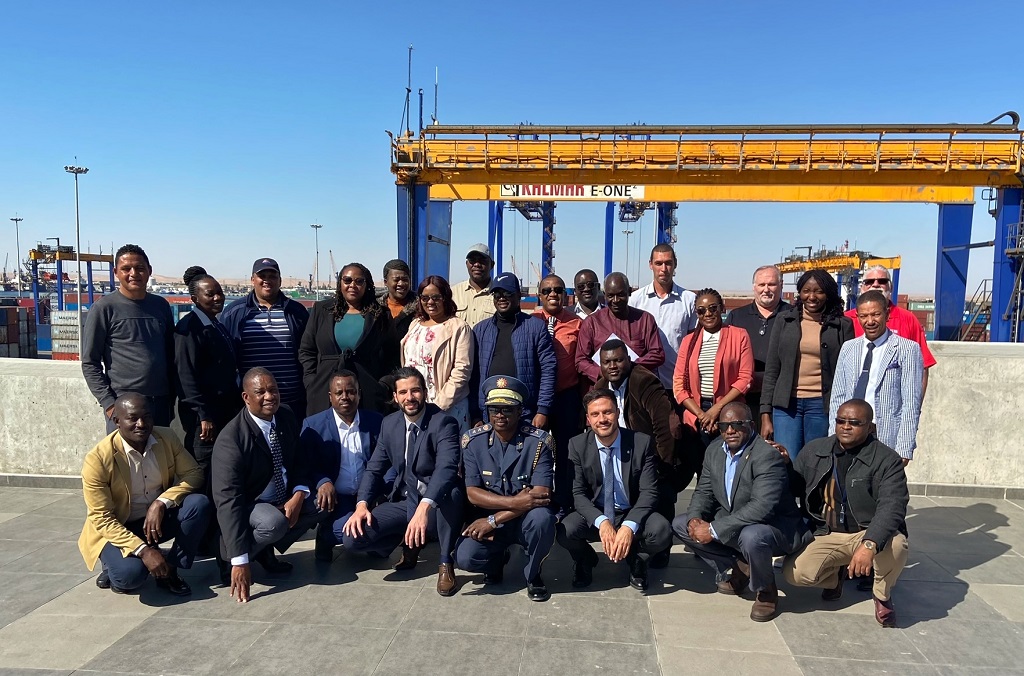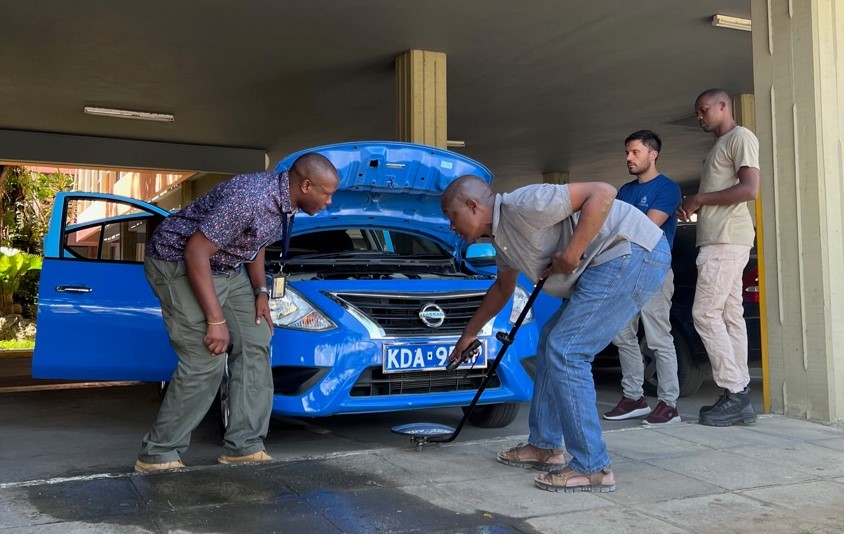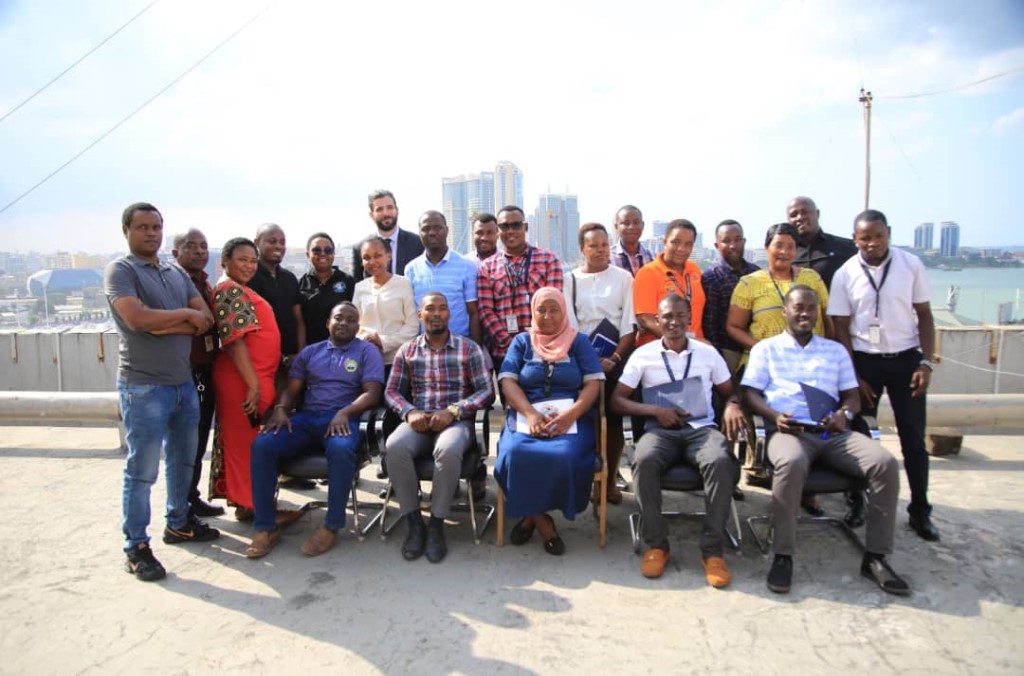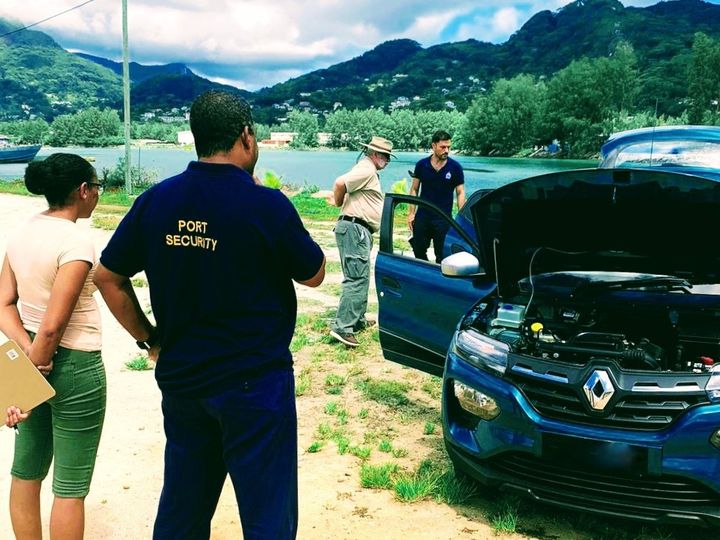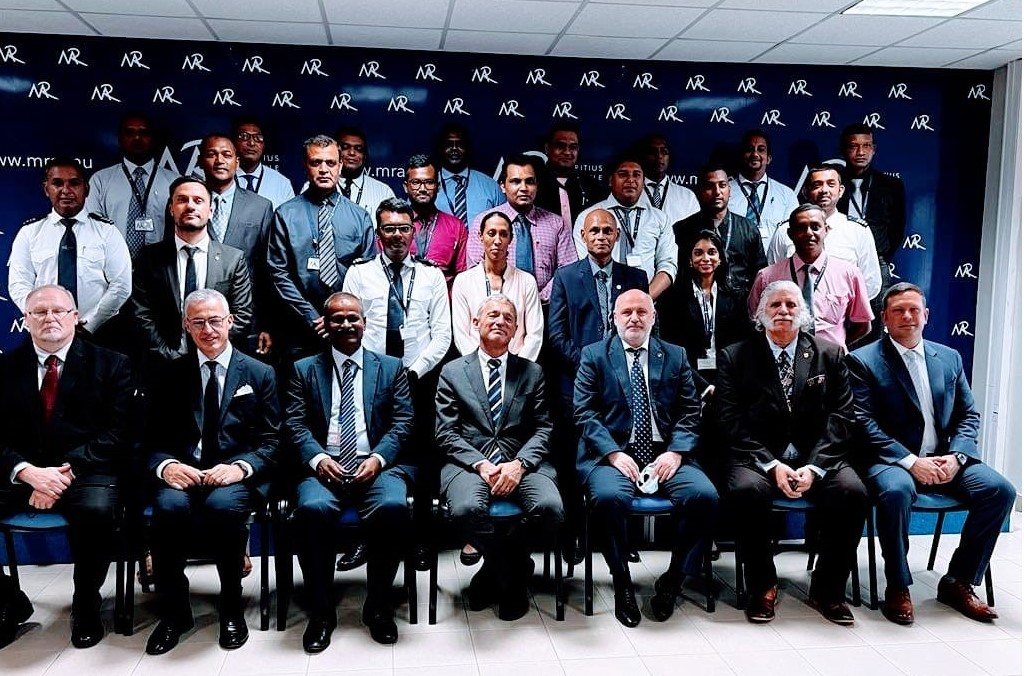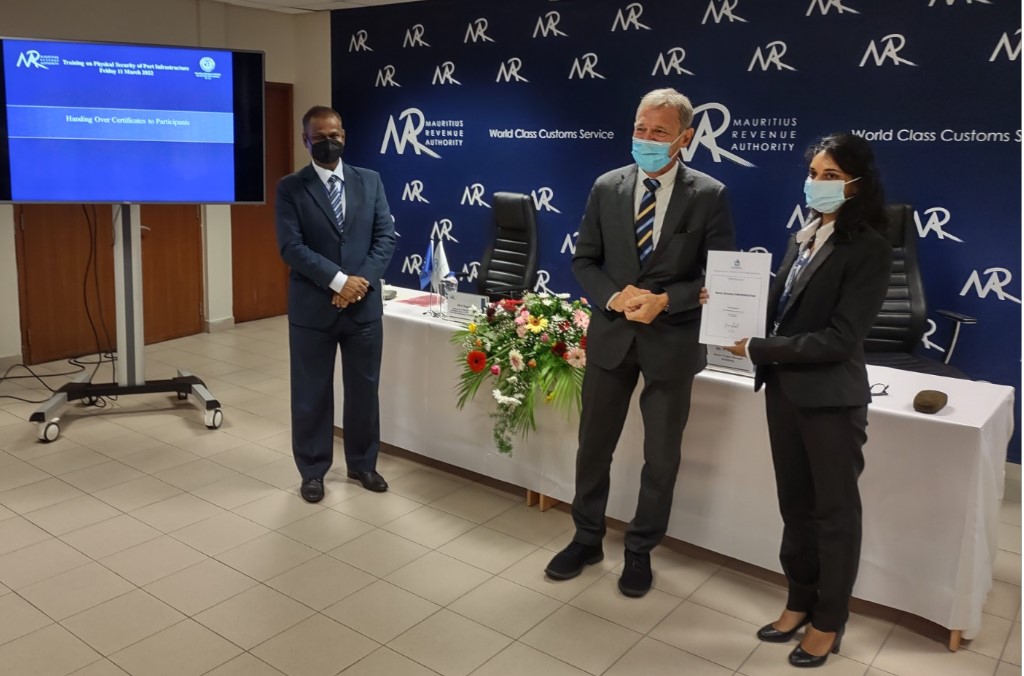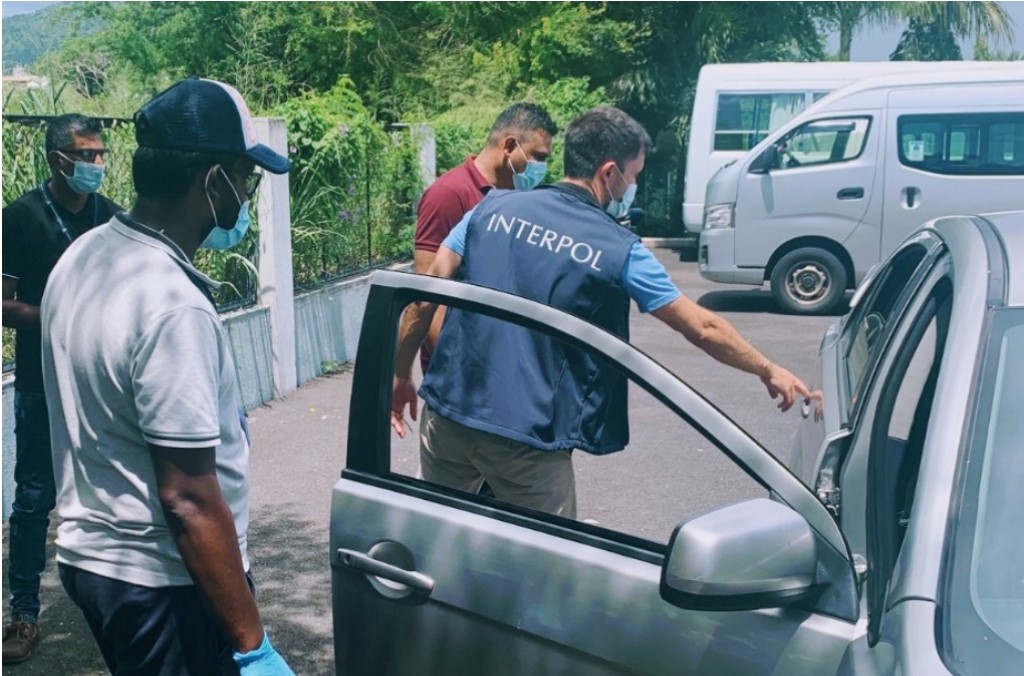Port Security Project
Timeframe: 2020-2024
Budget: EUR 7.8 million
Donor: European Union
The situation
Port premises serve as critical infrastructure. However, the sheer size and complexity of port facilities, along with the volume of freight handled, can make them difficult to secure.
Ports require protection to avoid the damage to the global economy that can result from disruption to supply chains and the flow of trade.
In recent years, the East Africa, Southern Africa and Indian Ocean (EA-SA-IO) regions have seen increasing criminal activity in maritime affairs.
Despite international and regional efforts to enhance maritime cooperation, countries in these regions still experience cases of piracy and armed robbery, drug trafficking, smuggling of small arms, light weapons and threatened species, human trafficking, illegal fishing, and terrorism against port infrastructure.
In addition to the security implications, these illicit activities have a negative impact on the socio-economic and political conditions in the countries of these regions.

About the Project
INTERPOL's EU-funded Port Security Project (PSP) is designed to enhance the capabilities of law enforcement agencies and port authorities to prevent, detect, investigate, and respond to threats to port security.
The nine participating countries are located in the EA-SA-IO regions: Angola, Comoros, Kenya, Madagascar, Mauritius, Mozambique, Namibia, Seychelles and Tanzania.
The project is coordinated by the Indian Ocean Commission (IOC) and implemented jointly with the International Maritime Organization (IMO) and the United Nations Office on Drugs and Crime (UNODC).
Project activities
Through this project, INTERPOL provides a set of sustainable tools to all relevant maritime security stakeholders in the region in order to make a long-term difference to port security.
It will develop a regional mechanism for information sharing and the exchange of actionable data, and reinforce the response capacity of law enforcement agencies to address existing vulnerabilities and counter persistent and emerging threats.
As such, this initiative delivers specialized training modules, regional operational exercises, country-to-country exchange visits, on-site mentoring sessions, and the provision of equipment and access to INTERPOL's databases backed up with robust technical support.
The Port Security Project aims to:
- Enhance know-how of law enforcement techniques regarding harbour security, physical security of port infrastructure, installation surveillance, and checkpoint practices for the detection of narcotics and other illicit goods.
- Develop deeper understanding of various international methodologies and procedures related to port security.
- Increase knowledge of safety and security measures for port facilities.
- Establish a regional network of well-trained port security experts.
- Extend access to INTERPOL databases, enabling countries in the region to better retrieve and disseminate vital information.
- Increase the capacity to collect, input, analyse and exchange critical sets of information that will ultimately be recorded in INTERPOL databases and information systems for further exploitation by all our member countries.
Project updates
2023
Port security training against terrorism and cross-border crime
This in-person training session is tailored to police, port authorities, customs and coast guard. Apart from promoting cooperation and information exchange, this session offers regional port security solutions. It is being delivered progressively to all project beneficiary countries during 2023. Mozambique (April), Angola (April), Madagascar (May) and Comoros (May).
April 2023
Regional training on the use of mobile biometric devices
INTERPOL’s Port Security Project team led a training session on using forensics to boost the fight against cross-border crime. This included the use of mobile biometric devices (SEEK Avenger) which enable officers in the field to capture fingerprint and facial data, then run checks in real time against INTERPOL’s databases.
Held from 3 to 7 April in Port Louis, Mauritius, at the premises of Mauritius Revenue Authority, the training session was attended by 28 representatives from forensics services and INTERPOL National Central Bureaus from the project’s nine beneficiary countries.
At the opening ceremony, H.E. Mr Vincent Degert, Ambassador of the European Union to Mauritius and the Seychelles, handed over the Seek Avenger device to the Director of the CID Mauritius Police Force, to be used by their forensics experts.
November 2022
Arrest of drug trafficking kingpin
Coordinated law enforcement action led to the arrest of the head of a multinational criminal organization, who was wanted internationally. The Nigerian national had fled Brazil following the seizure of 4.9 tons of cocaine worth hundreds of millions of dollars at the port of Rio de Janeiro, Brazil, in October 2021.
Just over a year later, a Red Notice was issued against the suspect following investigations conducted by the Brazilian Federal Police in partnership with INTERPOL (Projects Agwe, Compass and Port Security) and the US Drug Enforcement Agency. The suspect was found to be moving quickly across different countries in the Caribbean.
Swift action ensued among law enforcement agencies in multiple countries. Among them, the Immigration Services in Barbados, the INTERPOL Liaison Office for the Caribbean, and INTERPOL National Central Bureaus in Brazil, Barbados, Suriname, Trinidad & Tobago and Panama.
Less than 48 hours after publication of the Red notice, the individual was located while in transit in Barbados and escorted back to Brazil to face justice.
2022
Training on the Physical Security of Port Infrastructure
This in-person training course is tailored to police, port authorities, coast guard, customs, and other agencies with a maritime and port security enforcement mandate. It is being delivered progressively to all project beneficiary countries during 2022. Mauritius (March), Seychelles (April), Tanzania (May), Kenya (May), Namibia (July), Comoros (October), Madagascar (October) and Angola (December).
September 2022
Investigative support and mentoring session
In response to specific cases of transnational organized crime across the Western Indian Ocean, a team from two INTERPOL projects (Port Security Project and Project Compass) jointly delivered a mentoring session to officers in the Seychelles. The team provided investigative advice and analytical support in order to identify suspects and uncover further details about the criminal networks involved.
This is just one in a series of such mentoring sessions carried out over the past two years in beneficiary countries. As well as helping to move cases forward, the sessions also serve to bolster officers’ knowledge and skills and to embed sustainable practices within national law enforcement agencies.
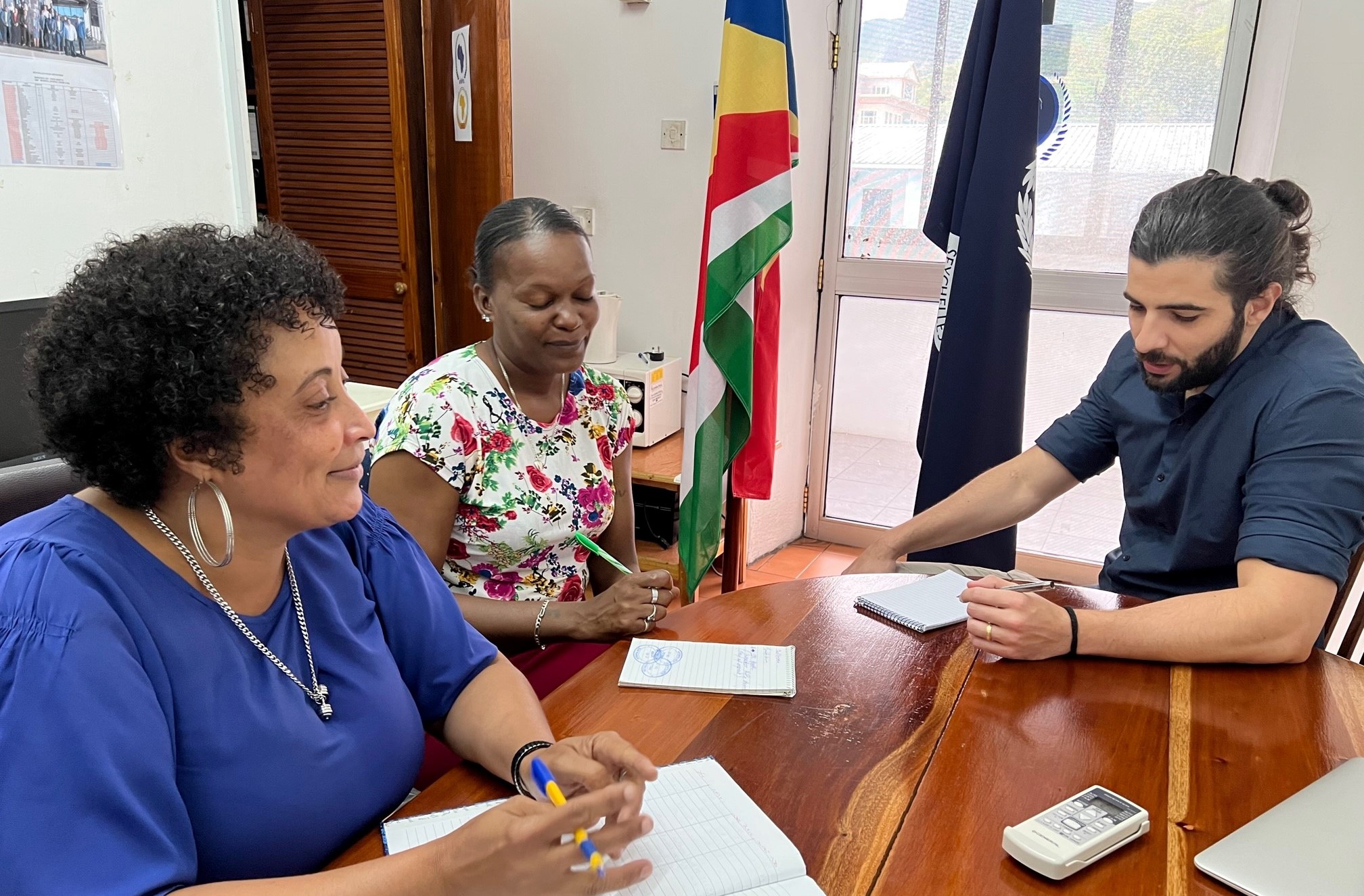
2021
Two e-learning modules are available on the INTERPOL Virtual Academy platform in English, French and Portuguese, to cover all languages of our beneficiary countries:
- Crime Scene Investigation
Launched in October 2021, approximately 150 colleagues have completed it successfully. - Interviewing and Interrogating Techniques
Launched in April 2021, this module was developed jointly by INTERPOL’s Port Security Project and Project AGWE. The two project teams delivered a virtual webinar on this topic to 200 participants from 13 countries in East, West and Southern Africa (22-23 April).




